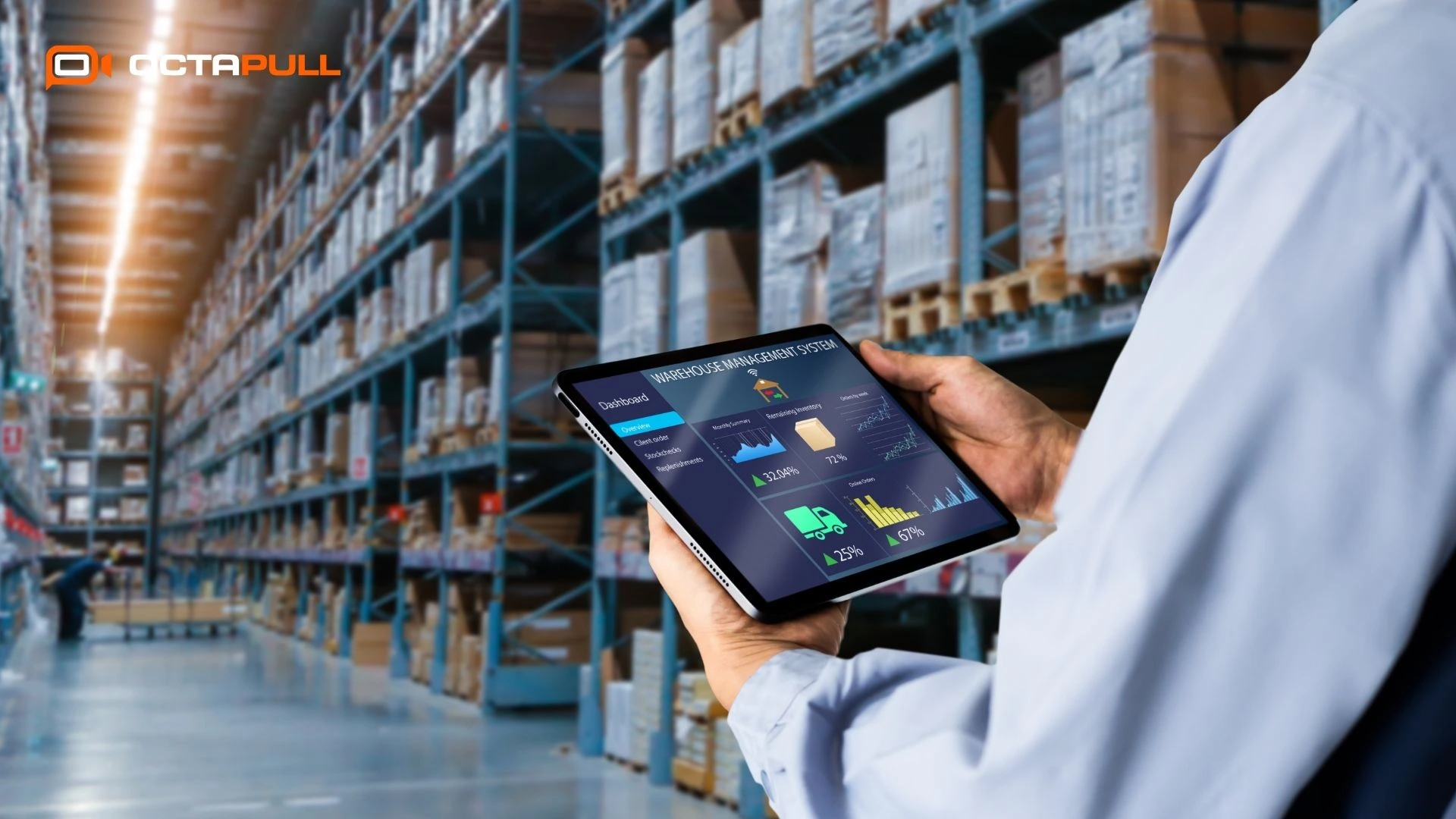The Evolving Landscape of Business Continuity: Trends to Watch
Business continuity refers to the capability of a company to sustain its operations and functions even when it encounters interruptions in the products or services it provides.
These interruptions can be caused by various factors such as earthquakes, floods, economic crises, and more.
The primary purpose of business continuity is to ensure that a business can continue to operate at its usual capacity despite these interruptions and to minimize possible damage or disruption.
Essentially, the aim is to overcome such situations with minimal impact on the company's services, operations, and overall performance.
Impact of Technology on Business Continuity
In today's business world, where technology plays an increasingly central role, technological failures and cybersecurity issues are among the challenges that businesses face.
Organizations must implement a variety of plans, programs, and strategies to ensure effective business continuity.
In such scenarios, swift adaptation to unforeseen situations becomes crucial. Businesses need to be aware of changing conditions and be flexible enough to respond to unforeseen challenges.
Testing and updating strategies involving technological tools on a regular basis is necessary to ensure their continuous effectiveness and, where necessary, their integration.
In essence, businesses should remain aware and adaptable in the face of technological developments and their potential risks, adjusting their approach as the business environment evolves.
Technology Trends for Business Continuity 
Addressing the potential risks posed by the modern world, it is becoming essential to take advantage of current developments in order to minimize risks and ensure business continuity.
Various technologies can help to achieve this objective by providing tools that help to streamline operations and reduce manual errors.
These technologies include automation, artificial intelligence (AI)-powered tools, and machine learning programs that provide accurate and effective solutions to business processes.
By providing data-driven solutions, these current technologies improve the ability to respond effectively to unexpected events and foster a healthier continuity process.
Automation
Automation is widely used in a wide range of areas, from workflow processes to customer relationship management.
Automation systems enable routine tasks and processes to be carried out in a systematic way, increasing productivity and efficiency while reducing potential risks and errors. Automation plays a key role in automating business processes by minimizing human error.
Automated business processes also contribute to the organized storage and support of data within the system. This structured approach acts as a preventive measure against data loss in the unlikely event that it occurs.
Backed-up data can be easily restored and facilitates a quick recovery process. In essence, automation contributes significantly to business continuity by protecting against potential disruptions.
Artificial Intelligence
Artificial Intelligence (AI) tools stand out as important technologies in the field of business continuity strategies and offer significant advantages to businesses.
Highlighting the capabilities of artificial intelligence, these tools enable proactive measures to be taken by anticipating potential problems.
They have the ability to identify and understand unusual situations in work systems and provide businesses with the necessary actions to reduce these risks.
A key aspect of AI is its capacity to process and understand data such as incident reports and business updates. This capacity provides organizations with insights into potential threats in real time, enabling them to make quick and informed decisions.
Moreover, AI tools empower businesses not only to predict and prevent disruptions but also to enhance their responsiveness in unforeseen situations, contributing to a more stable business continuity process.
Machine Learning
Similar to other advanced technologies, machine learning offers a system that can recognize differences and unexpected changes within regular business processes.
It works by adapting to evolving situations and processes, constantly readjusting its own structure to adapt to current conditions, trends, and perhaps potential threats. This adaptive learning process is highly advantageous for business continuity.
Based on their ability to recognize abnormalities in a system, machine learning systems can respond immediately to potential failures or security breaches.
This kind of proactive approach allows the business to be aware of sudden shifts and emerging situations, and to adopt an active and responsive strategy even in the face of unforeseen challenges.
At its core, machine learning contributes significantly to business sustainability by providing a dynamic and adaptive framework that can quickly address emerging issues and maintain operational continuity.
Cloud-Based Storage
Cloud storage systems play an important role in enhancing business continuity. These solutions for data storage and retention in the cloud offer the flexibility of remote access from various devices.
Authorized personnel can access business data from anywhere, facilitating seamless collaboration.
Cloud-based storage plays a critical role in the event of potential disruptions to technological devices or data storage systems during business processes.
Stored data can be accessed from other devices, backed up, and quickly transferred to another location.
This minimizes downtime, enabling businesses to promptly concentrate on recovery processes. As a result, data protected by the flexible basis of a cloud-based system remains secure and accessible.
This ensures that even in challenging situations, data security is maintained and critical information is preserved for ongoing business operations.
Business Continuity with Tech Trends 
Ensuring business continuity in a rapidly changing technological environment is possible through the adoption of new technology-based tools.
These tools help businesses move forward and recover from unexpected events with minimal damage, maintaining their position and sustainability in the industry even in challenging situations.
Business continuity is becoming increasingly possible thanks to new technological trends such as artificial intelligence, automation, and machine learning that have entered the business world with the digital transformation of business processes.
In today's dynamic business world, this has become crucial to the overall success and reputation of businesses.
Making use of these technologies not only helps to prevent potential problems but also helps to minimize damage and losses through the rapid implementation of effective strategies when they do arise.
As businesses need to adapt their structures and processes to the ever-changing situations of the business world, it is crucial to stay up-to-date with emerging technologies.
Regular updates and awareness of current news and developments are key for businesses to remain competitive. In this context, technological trends can always be benefited from.






